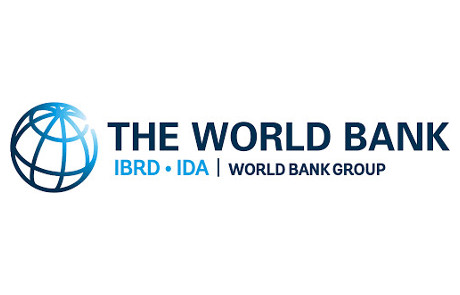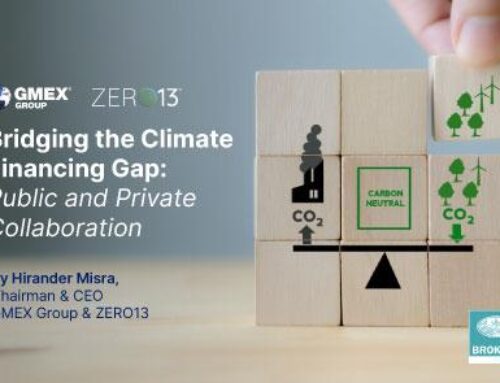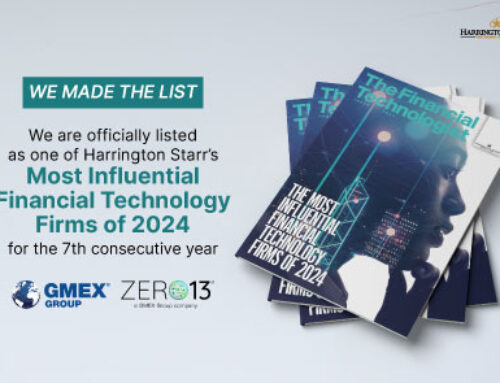I recently read an interesting blog by Margaret Miller at the World Bank – Can ‘fintech’ innovations impact financial inclusion in developing countries?
It stated that “fintech,” has been reshaping the financial services industry attempting to address financial inclusivity in the African region – I use the phrase inclusivity rather than inclusion as sometimes I believe that its an excuse for may providers to deliver a “second class product “ – we should be aiming for a first class product available to as wider audience as possible – inclusivity !
Margaret asks that given that they work in various areas of financial inclusion they are interested in new ways that can help expand access to financial services to hard-to-reach populations and small businesses in developing countries.
Margaret highlights the key takeaways she found relevant to their work of extending access to finance to the two billion people who are currently left out of the formal financial system. These were Fintech as partners with banks (and competitors), Importance of data Consumer protection Customer-focused business Finance embedded in transactions Voice, not text, as the next major interface Strong interest in the legal and regulatory framework and Many interesting new business models.
I agree the points made – but when it comes to financial inclusivity we need to ensure that we are putting together a sustainable ecosystem to deliver real change that will not only impact on the individuals but on the commuinities that they live in and therefore offer the greatest opportunity for developed Financial Services system that is trusted.
At FinComEco we intend to encourage growth by connecting the farmer with the exchange, financial infrastructure and national economy through partnerships. This supply to demand chain also includes small-scale traders, brokers, storage, transportation, shipping, banks and buyers including multinationals. This will enable smallholder farmers to get a better price for their produce, and provide opportunities for further income growth, opening alternative added-value opportunities including e-commerce enabled enterprise and the data that provides will enable even greater product and service enhancements.
FinComEco has already successfully proven this concept in Malawi at the Agricultural Commodity Exchange for Africa (ACE) through the GMEX Group. During 2016 substantial benefits were delivered to smallholder farmers with an average 31% increase in income from use of warehouse receipts and better price transparency with 47,000 registered to receive the latest market prices on their mobile phones.
FinComEco will establish or reinvigorate local commodity exchanges underpinned by trading technology, electronic warehouse receipts and a complete mobile banking solution. It will also enable trade across multiple regions and deliver a holistic secure cloud-enabled financial agri-ecosystem in partnership with development organisations, governments, research bodies and the private sector.
This will enable the highest level of consumer protection and customer focused business as we will be working with local on the ground partners using the latest technology but also trusted local partners to work with the local community
Delivering the FinComEco solution requires us to use the latest technology, close partnerships with local agencies together with high levels of regulatory and legistative compliance nationally.
Steve Round, Director of FinComEco, CEO at Saescada and Chair at The Big Issue Foundation and Ecology Building Society commented, “There are massive financial inclusivity and food security issues across the developing world with not enough being done in a cohesive fashion to address some of them,” he added, “I am delighted that our mobile electronic banking and payments system can add real value, in this unique integrated solution, to many millions of farmers delivering against many of the United Nations Sustainable Development Goals and it is a first class product ! “





